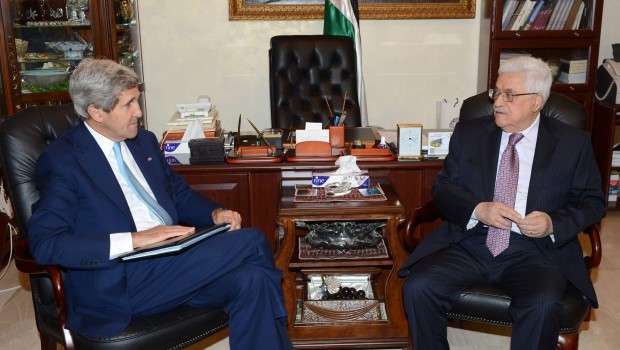The Arab spring has exposed our confusion and faltering steps on the Palestinian issue.
This spring, and all the seasons which have befallen us since Tunisian Mohamed Bouazizi’s self-immolation, all work to strip away any real context from the vocabulary related to the issue, nationalism, and pan-Arabism, and actually imbue it with the opposite meaning.
The word “Palestinian” today has almost become a negative concept which beats the meaning that the word Israeli had in the Arab mind for more than 60 years. This appears clearly in the never-ending fiascoes in Egypt, and more than one Arab society or state, and reveals contradictory feelings to what is said in public.
Today, a type of discourse is being peddled, which attacks Palestinians as a mere fragment, not as a political actor, as in the cases of Hamas and Fatah, for instance. The Palestinian subject was tested in Egypt specifically, and it revealed alarming feelings in terms of susceptibility to demonization and incitement, and the declaration of vicious sentiments of hatred through the media and through demonstrations and statements. This has been witnessed in Lebanon before, when the Palestinian factor became a main player in the internal game, which made the Palestinians in Lebanon pay a heavy price, not to mention what the Lebanese themselves paid.
Arab revolutions have relegated Palestinian reports to third or fourth in the running order of news stories. It became clear that living, dignity, bread and religion were what occupied our societies’ minds much more than what we had been brainwashed with. It seemed that the Palestinian tragedy was being exploited to marginalize the real story. It seemed that there was a political will driving towards the marginalization of this reality, especially by regimes which were threatened by revolutions.
There are media channels which appeared at the outset of the Arab revolutions to try to keep the focus on the Palestinian story, but the task failed miserably, even among the Palestinians. Most powers and regimes, whose oppression was fed on Palestinian issue slogans, tried to keep that focus, but their efforts failed spectacularly.
Today, there is a Palestinian story about an announcement by US Secretary of State John Kerry that Palestinian–Israeli negotiations were back on track.
It is a new phase which needs effort to bring the Palestinian story and concerns to the fore, but without the lies and the racism which have accompanied it. So, how can Palestinians present their news and become the focus of media and political attention?
It is clear that putting pan-Arab context back into the Palestinian issue, and making it a priority over regional issues, is one way to revive the Palestinian tragedy, thus making it one of the priorities of Arab public opinion, which has been haunted by many concerns, more important and vital to it. Our discussion is not about bringing back the Palestinian news to the top of the agenda at the expense of other news, but to learn from previous experience.
The first Palestinian uprising was just an internal uprising. The Arab or regional factor had very little influence on it. This uprising won the Palestinians the right to a state, and made Palestinian news top at world level. Putting the pan-Arab context back into the Palestinians’ tragedy will represent the progress of the Arab Spring there.

Yes, Diana, lets ignore the daily killings in Egypt and other Muslim states (whatever happened to Syria?!) and re-focus on “Palestinian suffering” i.e. Israel-bashing.